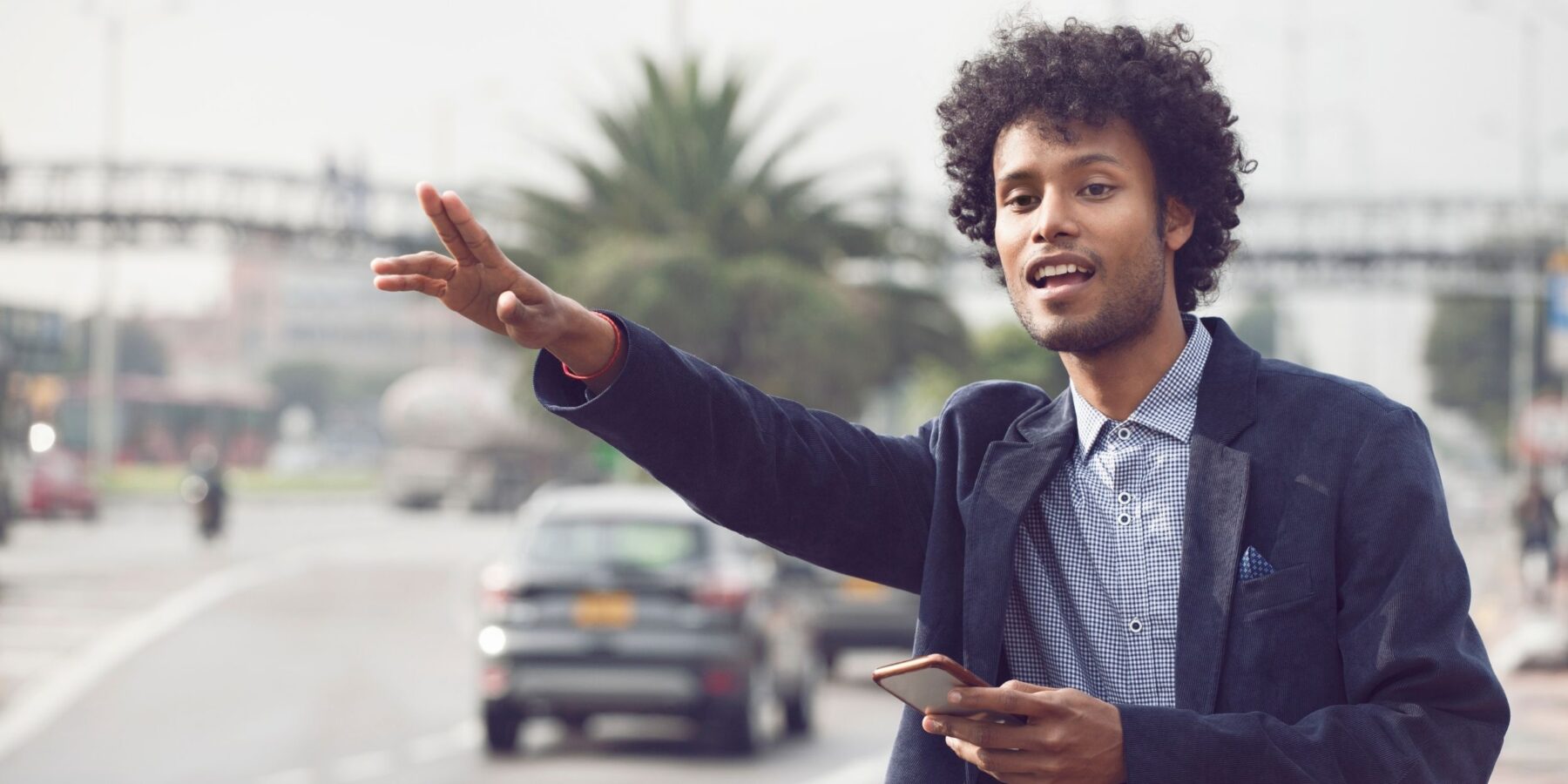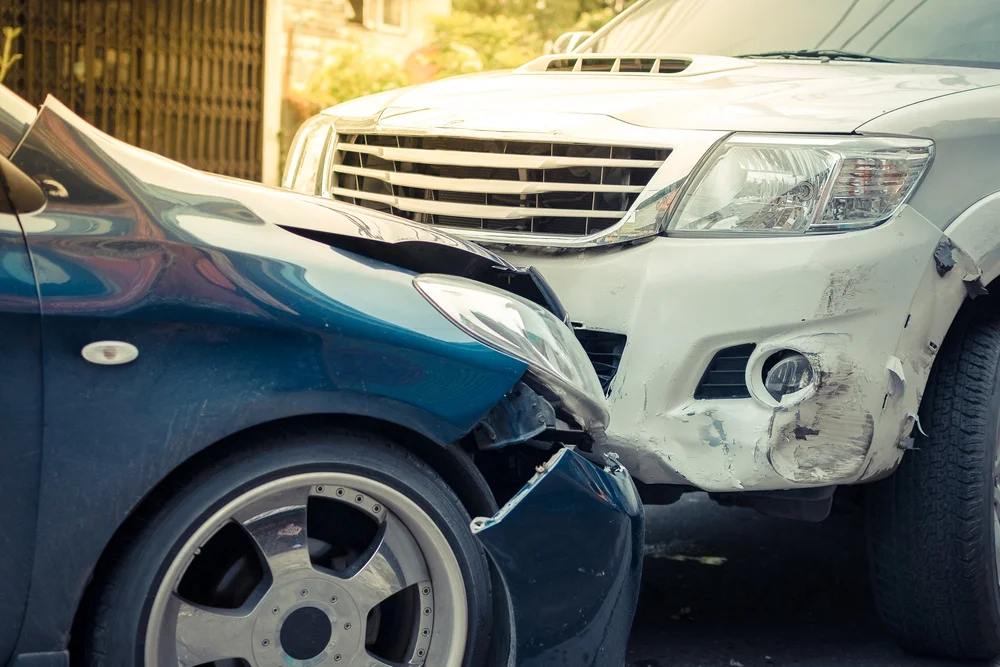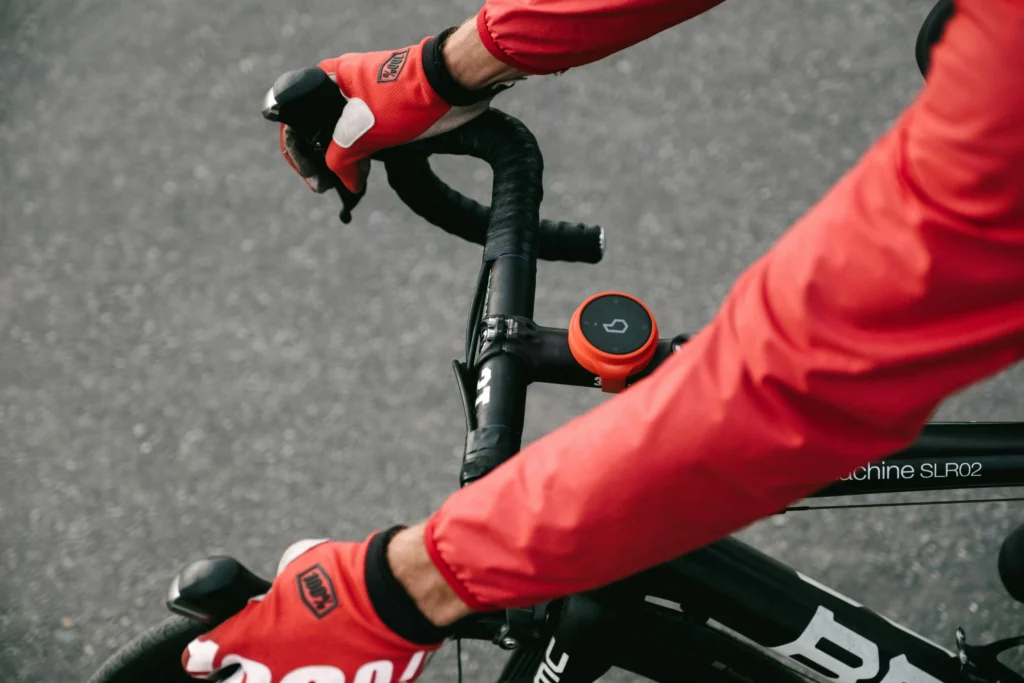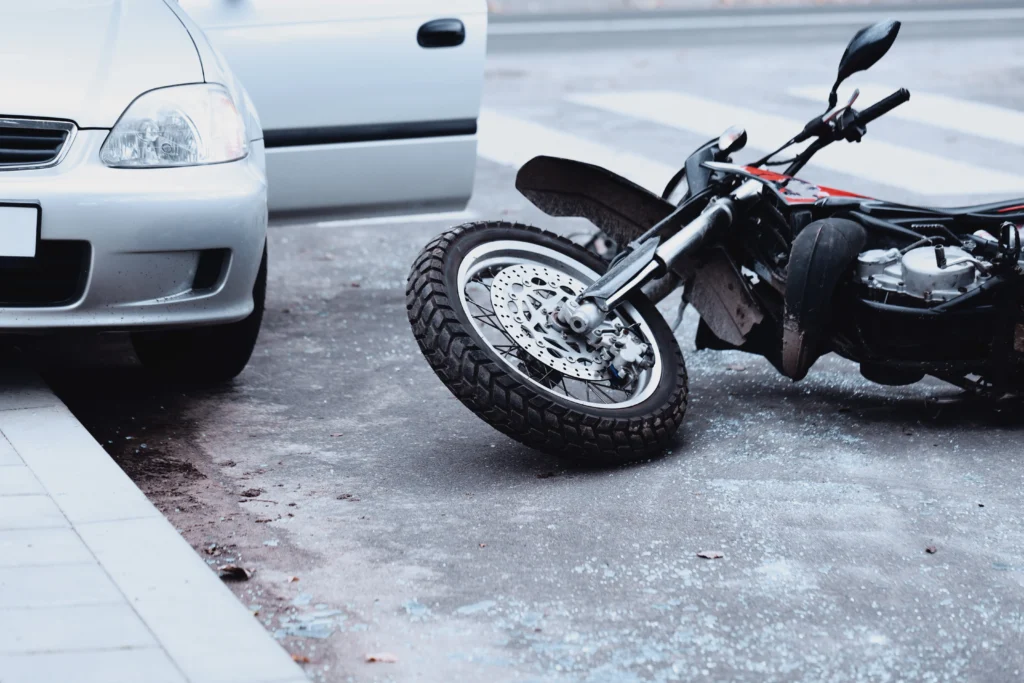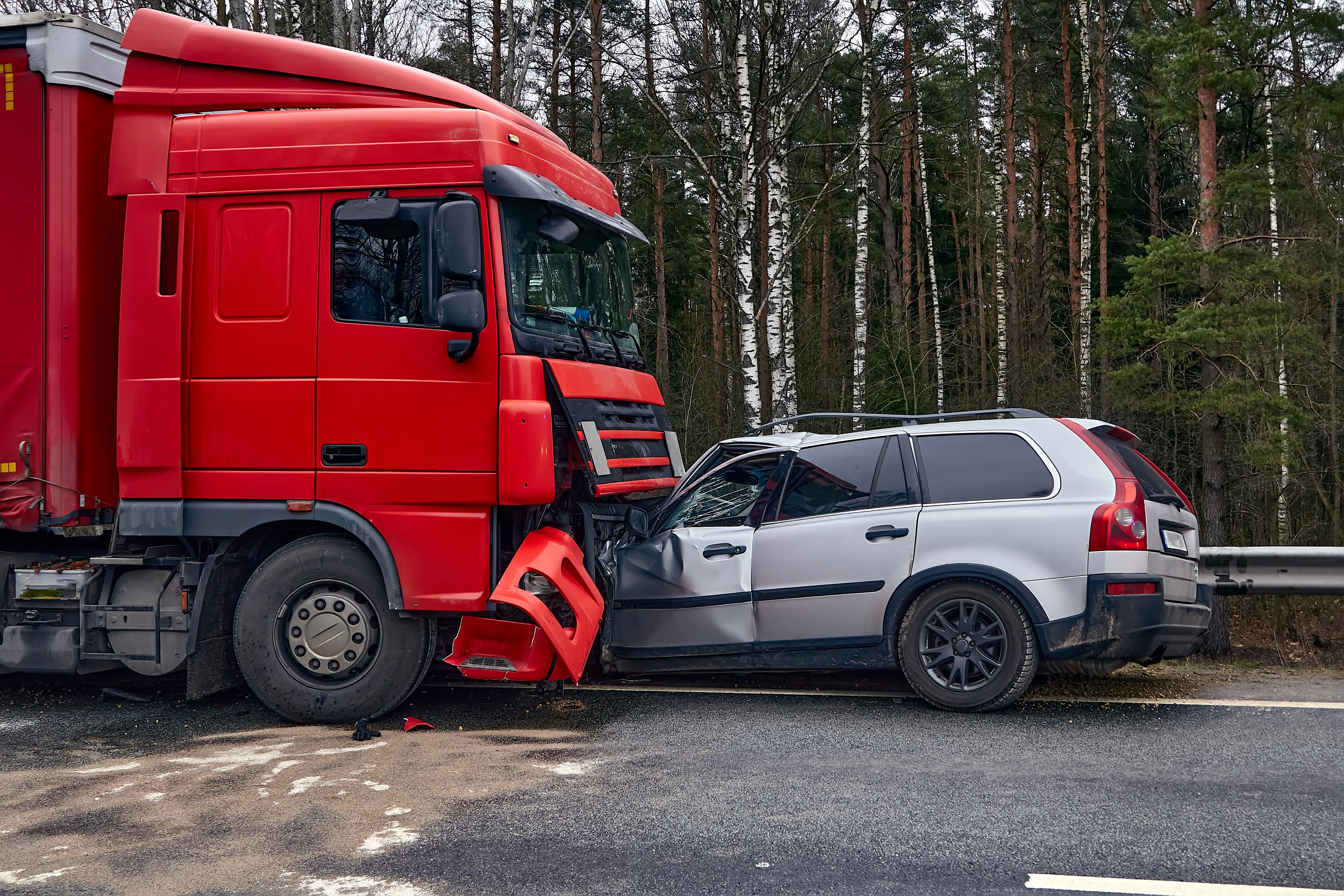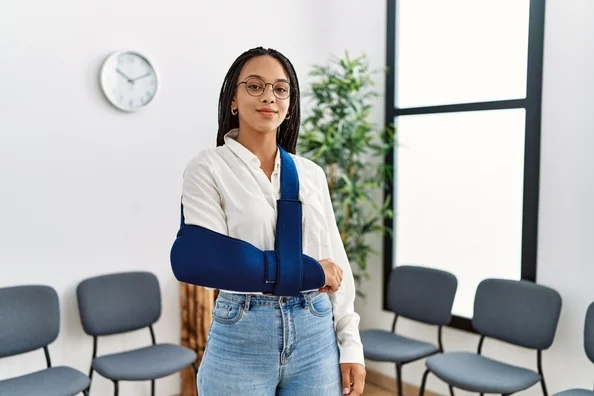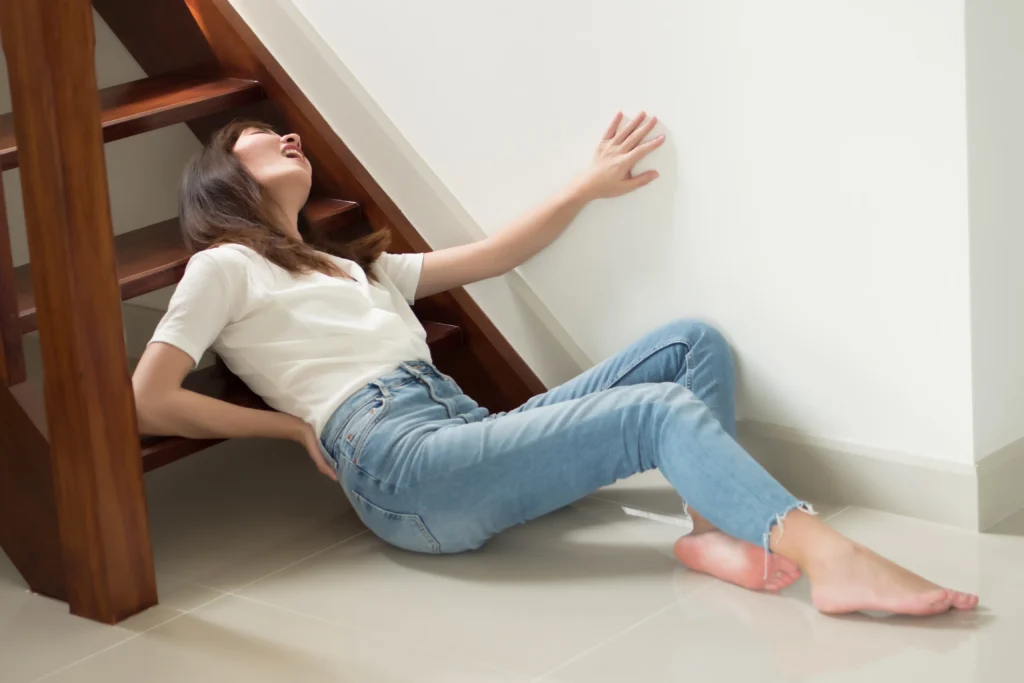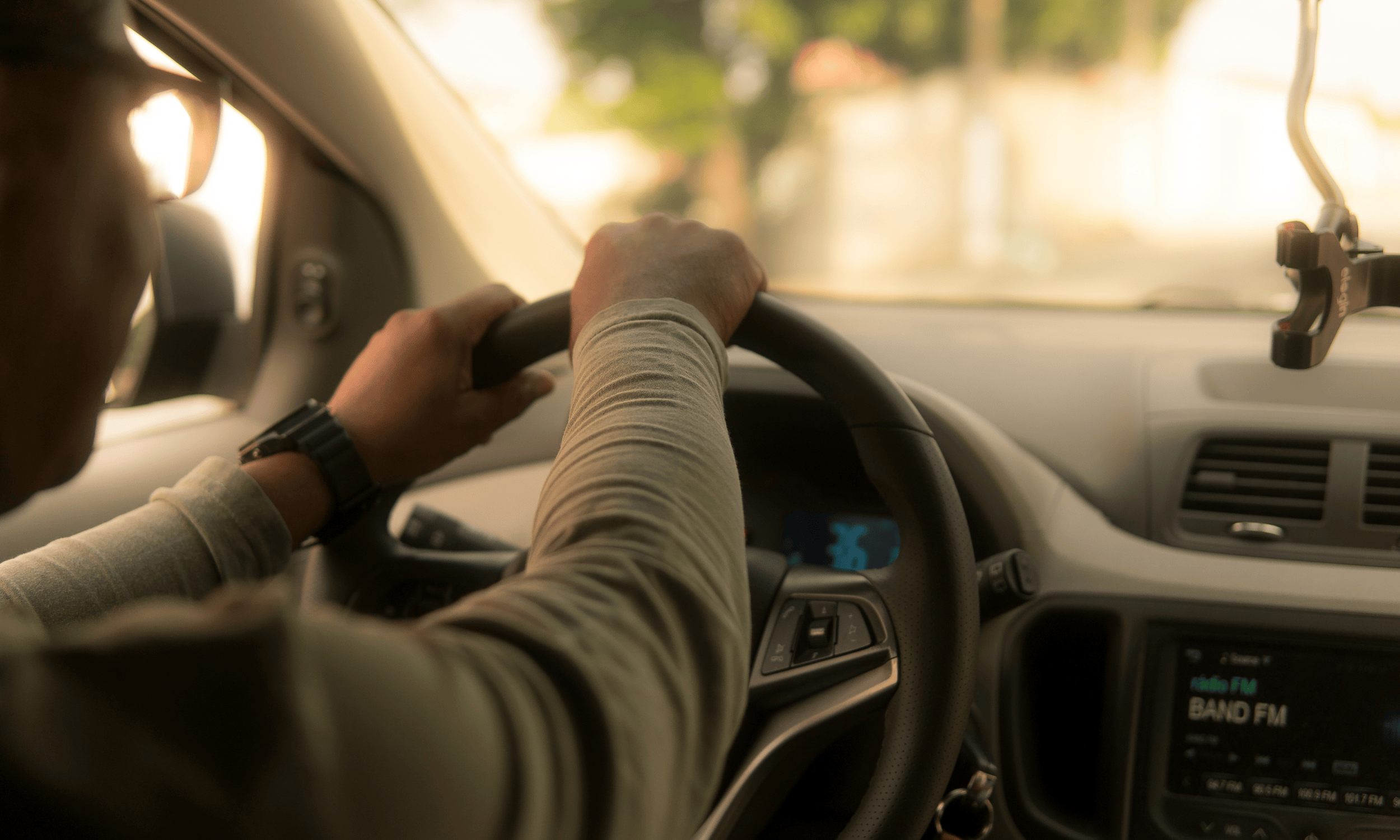Riverside Rideshare Accidents
Every day, thousands of people in Riverside rely on Uber and Lyft to get around town. Whether you’re heading to downtown Riverside, catching a ride to the Riverside Plaza, or commuting from UC Riverside, rideshare services have become a convenient and popular option. But convenience can come at a cost. When an Uber or Lyft driver makes a careless mistake or another motorist causes a crash, innocent passengers, pedestrians, and other drivers can suffer serious injuries.
If you were injured in a rideshare accident in Riverside, you need experienced legal help right away. The Law Offices of Larry H. Parker understands how rideshare insurance works, how app status impacts liability, and what steps are needed to secure maximum compensation. We are ready to step in, investigate your crash, and hold the right parties accountable so you can focus on healing.
Let our Riverside rideshare accident lawyers help you get justice. We offer free consultations and do not charge any fees unless we win your case.
Contact The Law Offices of Larry H. Parker today for your free consultation.
Who Is Responsible for a Rideshare Accident in Riverside
Liability in a rideshare accident is more complicated than in a standard car crash. That is because Uber and Lyft drivers are not considered employees, they are classified as independent contractors. As a result, responsibility for your injuries depends heavily on the driver’s app status at the exact moment the accident occurred. Understanding who is liable and which insurance coverage applies is crucial to getting the compensation you deserve.
At The Law Offices of Larry H. Parker, our Riverside rideshare accident attorneys move quickly to determine the driver’s status, gather evidence, and build a strong case. We know how to hold all responsible parties accountable, including the rideshare company, individual driver, and potentially other drivers or vehicle manufacturers.
Why the Driver’s App Status Matters
Whether the Uber or Lyft driver was actively on a trip or simply logged into the app can dramatically affect the type of insurance coverage available. Each stage of the driver’s activity comes with a different level of protection, and insurance companies will look for any reason to deny your claim.
We act fast to obtain trip logs, app status records, and digital ride receipts to prove exactly what the driver was doing at the time of the crash.
Driver Was Not Logged Into the App
If the driver was not using the Uber or Lyft app at the time of the crash, then rideshare insurance does not apply. Only the driver’s personal auto policy will be in effect.
This often results in lower insurance coverage and can make it harder to recover full compensation. Our legal team carefully investigates the crash to determine if the driver was truly off-duty or attempting to manipulate their status.
Driver Was Logged In But Had Not Accepted a Ride
When an Uber or Lyft driver is logged into the app but has not yet accepted a ride request, a limited third-party liability policy is in effect. While this coverage is better than nothing, it’s significantly weaker than the full policy provided when a ride is active. Many injured victims mistakenly assume they are fully protected just because the driver was using the app only to find out that this limited coverage barely scratches the surface of their actual losses.
Up to $50,000 for Bodily Injury Per Person
This tier of coverage includes up to $50,000 for each person injured in the crash. While that may sound substantial, the costs of emergency care, surgery, and ongoing treatment can easily exceed that limit, especially in cases involving broken bones, head trauma, or spinal cord damage. When multiple victims are injured, this amount must be split accordingly, which can drastically reduce your individual payout.
Up to $100,000 for Total Bodily Injury Per Accident
The total bodily injury cap under this tier is $100,000 per accident, regardless of how many people were harmed. This creates a problem in multi-victim crashes, especially if passengers, pedestrians, or other drivers were all injured. Once that $100,000 limit is met, any remaining medical costs must be paid through other means, typically through the driver’s personal insurance or out-of-pocket.
Up to $25,000 for Property Damage
If your vehicle or personal property was damaged by the rideshare driver, this limited policy includes up to $25,000 for repairs or replacement. However, today’s vehicles, especially electric cars or high-end models, can easily cost more than that to fix. Additionally, this amount may need to cover multiple damaged vehicles or items, further diluting the compensation available.
This limited policy helps cover injuries and damage caused to third parties, like pedestrians or other drivers, while the rideshare driver is waiting for a ride request.
Learn more about this coverage on Uber’s Insurance Overview page.
Driver Had Accepted a Ride or a Passenger Was in the Car
The highest level of coverage applies when the driver has accepted a ride or is transporting a passenger. Uber and Lyft provide
- Up to $1 million in liability coverage
- Uninsured and underinsured motorist protection
- Collision and comprehensive coverage (if the driver’s policy includes it)
This full policy protects everyone involved, passengers, pedestrians, and even other motorists. But proving app status at the exact time of impact is often contested, which is why we move immediately to secure digital records before they are deleted or altered.
How Multiple Parties Can Be Liable in a Riverside Rideshare Crash
Rideshare accidents in Riverside can involve far more than just one driver. Unlike typical car crashes, Uber and Lyft collisions may include multiple layers of liability depending on the circumstances. Determining who is responsible and which insurance policies apply can be extremely complex. You might be entitled to compensation from the rideshare driver, another driver on the road, the rideshare company, a vehicle manufacturer, or even a local government agency.
At The Law Offices of Larry H. Parker, our Riverside rideshare accident attorneys take a deep dive into every potential avenue for compensation. We understand the importance of securing digital app data, GPS records, dashcam footage, and maintenance logs to build a full picture of what happened.
Uber or Lyft Can Be Held Accountable for Hiring Unqualified Drivers
While Uber and Lyft label their drivers as “independent contractors,” that doesn’t always shield them from liability. If the company failed to properly screen a driver or allowed someone with a dangerous driving history to continue accepting rides, they may be sued for negligent hiring or negligent retention.
Failure to Screen Drivers for Past Violations
If a driver had prior DUIs, a suspended license, or repeated complaints of reckless behavior, and Uber or Lyft still let them operate on the platform, that creates a serious public safety risk. Our legal team investigates these red flags through DMV records, prior civil claims, and incident history tied to the rideshare platform.
Learn about California’s requirements for transportation network companies (TNCs).
Lack of Background Checks or Ignoring Red Flags
The National Highway Traffic Safety Administration (NHTSA) emphasizes that background checks and driver vetting are key components in preventing crashes. When Uber or Lyft skips these steps or ignores serious complaints filed by riders, they may bear legal responsibility for the consequences.
A Third-Party Driver May Have Been at Fault
Not all rideshare accidents are caused by Uber or Lyft drivers. In many Riverside collisions, the fault lies with another motorist who made a dangerous decision, like running a red light, driving under the influence, or texting while driving.
Filing a Claim Against the At-Fault Driver
If another vehicle caused your rideshare accident, we can pursue a traditional auto liability claim against that driver’s insurance. But if the driver is uninsured or underinsured, we may also be able to activate Uber or Lyft’s UM/UIM coverage, which helps cover your damages when the responsible party doesn’t carry enough insurance.
Read more about uninsured motorist laws in California
Mechanical Failures Can Lead to Product Liability Claims
Sometimes, the cause of a rideshare crash isn’t human error, it’s the machine. Vehicle defects such as brake failures, steering malfunctions, or tire blowouts can result in catastrophic accidents. When these issues stem from a design flaw or manufacturing error, the auto manufacturer may be liable under product liability law.
When Vehicle Defects Play a Role
Our team partners with certified auto engineers to examine vehicle condition, maintenance records, and manufacturer recall data. If we discover that the car had a defect that contributed to the crash, we’ll pursue claims against the vehicle maker or the company responsible for the defective component.
Check for vehicle recalls on the NHTSA Recall Lookup Tool.
Poor Road Conditions May Create Government Liability
Riverside’s roads and intersections are not immune to poor maintenance or faulty design. From broken traffic lights near the 91 Freeway to potholes around Mission Inn Avenue, these hazards can increase the likelihood of a crash, especially when a rideshare driver is relying on GPS directions and unfamiliar with the area.
Suing a Government Entity for Unsafe Roads
If a dangerous road condition contributed to your crash, we may be able to file a government tort claim against the City of Riverside, Caltrans, or another public agency. These cases have strict deadlines and procedural rules, so immediate legal action is essential.
Learn about California’s process for filing claims against government agencies via the California Department of General Services.
Common Road Hazards in Riverside
- Inadequate signage at intersections
- Faded lane markings or missing stop signs
- Damaged or non-functioning traffic signals
- Dangerous construction zones with poor visibility
Government liability cases can be challenging, but our attorneys have successfully handled claims against municipalities and public agencies across California.
Types of Compensation Available After a Rideshare Accident in Riverside
When you’re injured in an Uber or Lyft accident in Riverside, the financial and emotional toll can be devastating. From mounting medical bills to lost wages and chronic pain, the consequences go far beyond the moment of impact. Fortunately, California law allows injury victims to recover compensation for a wide range of losses. At The Law Offices of Larry H. Parker, we work to recover every dollar you’re legally owed, covering both the tangible and intangible effects of your rideshare crash.
Emergency Medical Treatment After the Crash
Right after a collision, most victims require immediate medical attention. This may include ambulance transport, emergency room care, diagnostic imaging such as MRIs or CT scans, and even emergency surgery. These costs add up fast, often before you’ve had a chance to process what happened. According to the CDC Injury Center, injury-related ER visits and hospitalizations result in billions in medical costs annually, making it crucial to include these expenses in your claim.
Ongoing and Future Medical Care
The need for care doesn’t stop after the ER visit. More serious injuries like herniated discs, traumatic brain injuries, or nerve damage may require months or even years of ongoing treatment. This could include physical therapy, rehabilitation, home health care, or adaptive equipment. Agencies such as the National Institute of Neurological Disorders and Stroke emphasize the importance of long-term planning for serious conditions like brain injuries, which may result in permanent disability and substantial future costs.
Missed Paychecks and Lost Income
Rideshare accident victims frequently miss days, weeks, or even months of work. This loss of income can have a ripple effect on your rent, bills, and overall financial stability. If you rely on hourly wages, freelance gigs, or contract work, the hit to your income may be even more severe. Every dollar you missed due to injury-related downtime can be factored into your claim.
Long-Term Loss of Earning Capacity
In some cases, the injuries sustained in a crash may permanently limit your ability to work in your chosen profession. You may have to reduce your hours, change careers, or stop working altogether. The Social Security Administration provides resources on how long-term disability affects earning potential, especially for individuals who cannot return to physically demanding jobs. Our legal team works with vocational experts and economists to project future lost earnings and calculate their full value.
Physical Pain and Discomfort
Physical pain after a rideshare crash is more than just an inconvenience, it’s a legal damage that can and should be compensated. Whether you’re suffering from whiplash, fractures, or long-term nerve pain, these symptoms can interfere with daily activities like walking, sleeping, and working. While these losses are harder to quantify, they are no less real. We present detailed medical records and expert testimony to support your claim for pain and suffering.
Psychological and Emotional Trauma
Many rideshare accident victims report mental and emotional effects long after the crash, including post-traumatic stress disorder (PTSD), anxiety, depression, and insomnia. These symptoms can be just as debilitating as physical injuries. According to the National Institute of Mental Health, traumatic events such as car crashes are a leading cause of PTSD, which can interfere with work, relationships, and overall quality of life. We often work with mental health professionals to document and prove these non-economic damages.
Damage to Your Vehicle or Property
If your personal vehicle or other belongings were damaged in the crash, you are entitled to recover the cost of repair or replacement. This includes not just your car, but also items like phones, laptops, and luggage that may have been inside the vehicle. Insurance companies may try to downplay property claims, but they are a valid and recoverable component of your total compensation.
Punitive Damages for Extreme Negligence
Punitive damages are awarded in rare but serious cases involving reckless or malicious behavior. If your rideshare driver was under the influence of drugs or alcohol, was knowingly driving with a suspended license, or showed extreme disregard for safety, the court may impose additional financial penalties. Under California Civil Code Section 3294, these damages are designed to punish wrongdoers and discourage similar behavior in the future.
Why Rideshare Accidents Happen So Often in Riverside
While Uber and Lyft offer convenient transportation across Riverside, the pressure to complete more rides in less time can lead to unsafe driving behavior. Whether a driver is distracted, rushing to beat traffic, or simply unfamiliar with the local roads, these factors contribute to a growing number of serious accidents involving rideshare vehicles. At The Law Offices of Larry H. Parker, we’ve seen firsthand how preventable these collisions can be and how devastating the results often are for victims.
Distracted Driving Behind the Wheel
One of the most common causes of rideshare accidents is distracted driving. Uber and Lyft drivers rely heavily on their phones to manage trip requests, view maps, and communicate with passengers. This constant interaction with their devices pulls their attention away from the road.
Using the App While Driving
Drivers frequently look at their screens to accept rides, check routes, or text passengers about pickup locations. According to the National Highway Traffic Safety Administration (NHTSA), distracted driving claimed over 3,500 lives in 2021 alone. When a rideshare driver glances away from the road for even a few seconds, the results can be catastrophic, especially in busy areas like downtown Riverside or near the Galleria at Tyler.
Driving While Fatigued or Overworked
Rideshare drivers often work long, irregular hours, especially those juggling multiple jobs or working late-night shifts. Fatigue significantly reduces a driver’s ability to react to road conditions or sudden hazards, making crashes far more likely.
Sleep Deprivation and Poor Reaction Time
Studies from the CDC show that driving while sleep-deprived can be just as dangerous as driving under the influence. In Riverside, rideshare demand spikes during late-night hours near venues like the Fox Performing Arts Center, creating a perfect storm for fatigue-related accidents.
Speeding to Maximize Profits
Many rideshare drivers are incentivized to complete trips as quickly as possible in order to accept the next fare and boost earnings. This pressure often leads to speeding, particularly during high-demand periods or in areas with dense traffic.
Increased Risk of High-Speed Collisions
Speeding reduces a driver’s ability to stop in time and increases the severity of any resulting crash. Busy streets like Magnolia Avenue, University Avenue, and Highway 91 are common hotspots for speeding-related rideshare incidents. The NHTSA has consistently warned that speeding not only increases crash risk but also the likelihood of serious injury or death.
Unfamiliarity with Riverside Roads
Not every Uber or Lyft driver knows Riverside well. Many rely entirely on GPS navigation, which can lead to last-minute turns, abrupt stops, or dangerous lane changes. These sudden maneuvers often catch other drivers off guard and create unnecessary hazards.
Confusion at Intersections and Exits
Neighborhoods like Canyon Crest, Orangecrest, and Eastside have complicated intersections and poorly marked exits that confuse out-of-town drivers. Inattention to local road design is a major factor in intersection-related crashes. According to the California DMV, drivers are required to know how to operate safely on unfamiliar roads, but many rideshare operators fall short of this standard.
Unsafe Pickups and Drop-Offs
Riverside’s downtown streets, shopping centers, and nightlife areas often lack designated drop-off zones for rideshare vehicles. As a result, drivers may stop abruptly in traffic lanes, block crosswalks, or pull over in red zones, putting everyone at risk.
Blocking Traffic and Endangering Pedestrians
Unsafe drop-offs are particularly common near UCR, Mission Inn Avenue, and the Riverside Food Lab. Stopping in these congested areas can block bike lanes, force pedestrians into traffic, or even trigger multi-vehicle crashes. Municipal regulations may prohibit these actions, but enforcement is often lax making it essential for injury victims to hold negligent drivers accountable.
Speak With a Riverside Rideshare Accident Lawyer Today
If you were injured in an Uber or Lyft crash in Riverside, don’t wait to get the legal help you need. Medical bills, lost wages, and emotional trauma can pile up fast and the insurance companies are already working to protect themselves, not you. You deserve a skilled legal team that understands the complexities of rideshare accident cases and knows how to fight for maximum compensation.
At The Law Offices of Larry H. Parker, we are here to take the burden off your shoulders. From securing app data to negotiating with aggressive insurance adjusters, we handle every step of your claim with experience and tenacity. Whether you were a passenger, pedestrian, or another driver hit by a rideshare vehicle, we will advocate for your full financial recovery.
We offer free consultations, and you pay nothing unless we win your case.
Contact our Riverside rideshare accident attorneys now to schedule your no-obligation case review.
Let us focus on winning justice for you so you can focus on healing.
Practice Areas
Trust UsWith Your Personal Injury Claim
If you or a loved one have been injured, the Law Offices of Larry H. Parker will fight for you every step of the way. We will give our all to secure the compensation you rightfully deserve.
Contact usfor a free consultation.
Phone: (866) 676-5696
